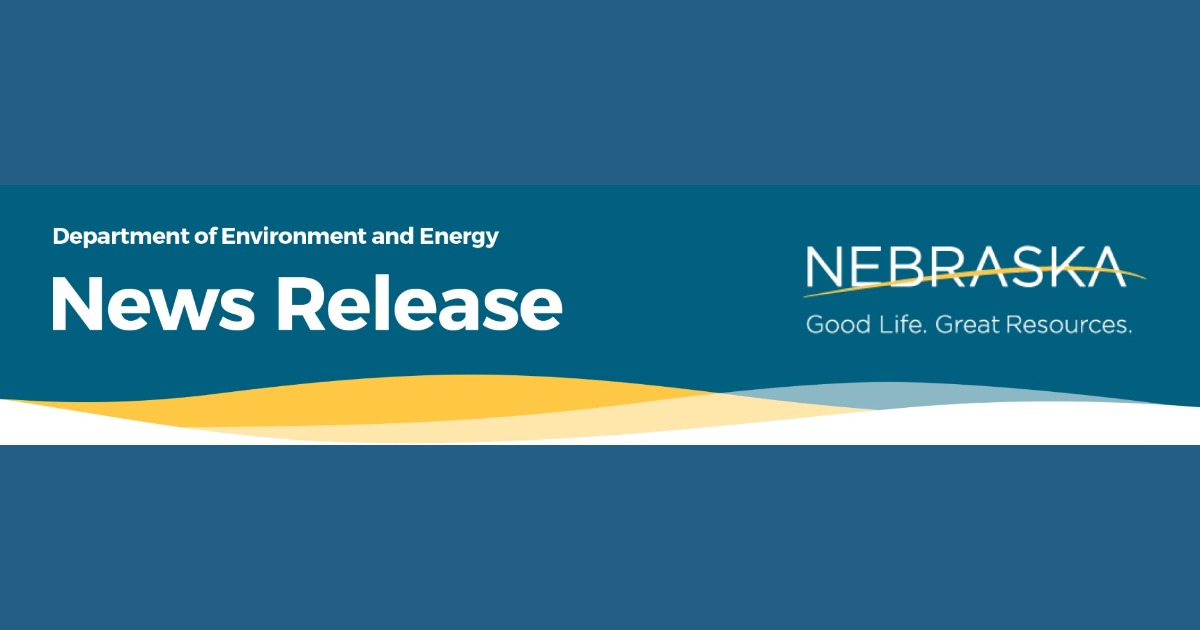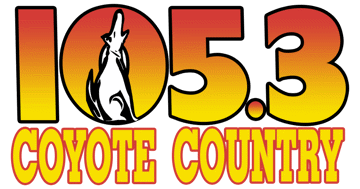Lead testing, remediation grants available for schools, licensed child care programs

LINCOLN, Neb. — The Nebraska Department of Environment and Energy (NDEE) Lead Testing and Reduction Grant Program has grant funds available for public and private schools, local educational agencies, and licensed child care programs across the state to remediate lead in drinking water and reduce children’s exposure.
Funding comes from the U.S. Environmental Protection Agency’s (EPA) Water Infrastructure Improvements for the Nation (WIIN) Act grant and will be used to replace faucets, fixtures, fountains, and water filler stations that have previously tested high for lead.
Childhood lead poisoning is preventable, so identifying and reducing sources of exposure is crucial. Childhood exposure to lead may be associated with hearing and speech impairments, learning disabilities, behavioral disorders, slowed growth and development, and adverse impacts to the developing nervous system. Children ages 6 and younger are the most vulnerable to the effects of lead exposure.
Since 2020, less than one-third of Nebraska’s schools and licensed child care facilities have taken advantage of this grant assistance to sample their drinking water for lead. In 2027, the monitoring for lead in schools and licensed child care facilities will become mandatory under EPA’s Lead and Copper Rule Improvements. Not only is the protection of our children from sources of lead in drinking water achievable, but NDEE’s Lead and Testing Reduction Grant Program provides schools an opportunity to receive federal assistance for this effort now, rather than using local funding in the future.
“NDEE commends the schools that have already sampled their drinking water for lead and taken action to protect their students, and we encourage others to follow suit,” NDEE Interim Director Kara Valentine said. “By knowing water quality, these schools can make informed decisions and take faucets and fountains with detections out of use or utilize our grant funds to replace those fixtures. The health and safety of our children is paramount, and we want to work with schools to reduce childhood exposure to lead.”
Eligible recipients include public schools, local educational agencies, and licensed child care programs. Parochial or private schools are eligible to receive funding by entering into an agreement with a local educational agency. Facilities that have completed remediation activities outside of this grant program are not eligible for reimbursement.
Facilities prioritized through this program have tested at or above 10 ppb of lead and:
serve children six years of age or younger, who are most vulnerable to the effects of lead exposure;
are located in low-income communities; and
were built before 1988 and more likely to contain lead plumbing.
Drinking water units with lead detections at or above 8 parts per billion (ppb) qualify to receive 100% funding for remedial action. Within those same facilities, detections below 8 ppb are also eligible for between 75 up to 100% remediation funding.
This grant is the second step of NDEE’s WIIN grant funding. In 2020, NDEE announced WIIN grants were available for schools and licensed child care programs to test their drinking water for lead. Facilities that sampled through this program or the Nebraska Public Health Environmental Lab are eligible to apply for the remediation funds. Funds remain available for schools and licensed child care programs to test their drinking water.
To ensure schools, child care facilities and parents can make informed decisions about children’s drinking water, a summary of sampling data collected through NDEE’s WIIN sampling program is available on the Nebraska Department of Health and Human Services’ website: https://dhhs.ne.gov/Pages/Lead-Data.aspx.
Facilities interested in funds to address lead remediation or that have not yet tested their drinking water fixtures can do so by contacting the NDEE lead contact at ndee.srf@nebraska.gov.
